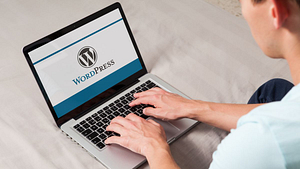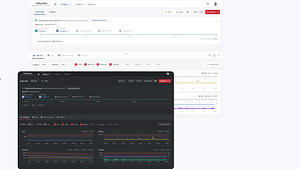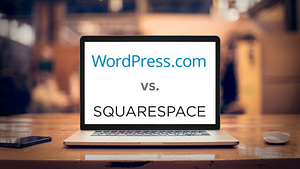
This Old WordPress Plugin Is Being Used To Hack Websites
WordPress is one of the most popular content management systems (CMS) in the world, powering millions of websites. Unfortunately, it also has its share of
WordPress, the world’s most popular content management system (CMS), has forced updates on thousands of websites following a security breach in its WooCommerce plugin. The update was pushed out to all WordPress sites running version 5.0 or higher and is designed to protect against potential malicious activity from hackers exploiting the vulnerability.
The security breach was discovered by Sucuri, a website security firm that specializes in protecting websites from cyberattacks. According to their report, the vulnerability allowed attackers to inject malicious code into vulnerable WooCommerce installations and potentially gain access to sensitive information stored within them.
In response, WordPress released an emergency patch for all versions of its CMS software that included fixes for this particular issue as well as other vulnerabilities found during testing. This patch was automatically applied to all sites running version 5.0 or higher without any user intervention required; however, users were encouraged to manually apply it if they had not already done so prior to receiving the automatic update notification from WordPress itself.
This incident highlights how important it is for webmasters and site owners alike to keep their software up-to-date with the latest patches and security updates available from developers like WordPress themselves – especially when dealing with third-party plugins such as WooCommerce which can introduce additional risks due to their complexity and integration with other systems/services used by many businesses today (e-commerce stores being one example).
It also serves as a reminder that no matter how secure your website may be at present time, there are always new threats emerging each day which could put your data at risk if left unchecked or unpatched – making regular maintenance essential in order maintain optimal levels of protection against these types of attacks going forward into 2021 and beyond!
While this particular incident did not result in any major damage being done (as far as we know), it does serve as an important lesson about why keeping your website updated should be taken seriously – especially when dealing with third party plugins like WooCommerce which can introduce additional risks due to their complexity and integration with other systems/services used by many businesses today (e-commerce stores being one example). It’s also worth noting that while automated updates are great for ensuring quick responses when critical issues arise – manual updating is still recommended whenever possible since some changes may require more attention than others before applying them live on production servers where customers will actually see them take effect immediately after installation completes successfully!
For those who have yet been affected by this recent attack but would still like extra peace of mind regarding their online presence – there are several steps you can take right now including: regularly scanning your site using tools such as Sucuri’s SiteCheck scanner; enabling two factor authentication wherever possible; setting up strong passwords & changing them often; disabling unused plugins & themes; backing up regularly both locally & remotely via cloud services like Dropbox etc… All these measures combined should help reduce chances significantly of falling victim yourself anytime soon!
At the end of the day though – prevention is better than cure so make sure you stay vigilant when it comes down maintaining good cybersecurity hygiene practices across all aspects related directly or indirectly towards managing digital assets under control whether personal ones hosted privately at home or professional ones managed through hosting providers elsewhere around globe too!

WordPress is one of the most popular content management systems (CMS) in the world, powering millions of websites. Unfortunately, it also has its share of

Are you looking to give your WordPress hosting a major boost? Virtuozzo 2.0 is here to help! This new version of the popular virtualization platform

Choosing the right content management system (CMS) for your website is an important decision. With so many options available, it can be difficult to decide
Our unique WordPress hosting service provides lightning fast servers combined with expert speed optimization by our team of developers.